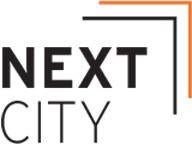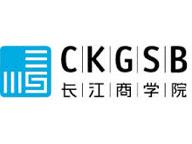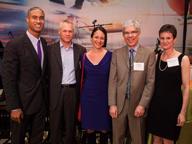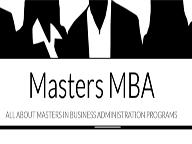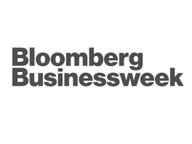Faculty News
—
Prof. Foster Provost's book, "Data Science for Business," is highlighted
—

Excerpt from Gigaom -- "Part of a data scientist’s role is to automate his or her own work, leading to tools like prediction APIs. But these APIs are starting to replace data scientists in some areas, and that should be considered a good thing. We are now in the era of big data 2.0, as defined by Foster Provost and Tom Fawcett in Data Science for Business."
Faculty News
—

Excerpt from Gigaom -- "Part of a data scientist’s role is to automate his or her own work, leading to tools like prediction APIs. But these APIs are starting to replace data scientists in some areas, and that should be considered a good thing. We are now in the era of big data 2.0, as defined by Foster Provost and Tom Fawcett in Data Science for Business."

